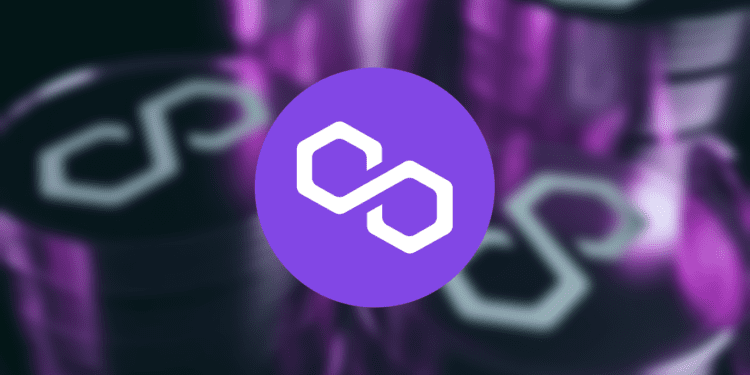- ZkEVMs are a specific feature of zero-knowledge (ZK) roll-up, a scaling solution that processes transactions faster on layer 2 and then sends the transaction data back to the mainnet blockchain, in this case, Ethereum.
- The launch date has been set for March 27.
- Details about the zkEVM beta network will be available in the coming weeks.
Polygon, an Ethereum layer-2 solution provider, has announced the long-awaited scaling upgrade, with the beta launch of its zero-knowledge Ethereum Virtual Machine (zkEVM) mainnet scheduled for March 27.
Polygon stated in a blog post on February 14 that after three and a half months of “battle testing,” the system will be ready for the mainnet launch next month.
It’s been dubbed “seamless scaling for Ethereum” and was initially launched as a testnet in December last year.
The zk-rollup scaling technology has been under development for three years. During that time, the team noted several milestones for the Polygon zkEVM system.
These include the deployment of over 5,000 smart contracts, the creation of over 75,000 zk-proofs, the creation of over 84,000 wallets, and the conduct of two public third-party audits. The team also stated that security is of the utmost importance, which is why “Polygon zkEVM has been run through a gauntlet of tests and audits.”
According to Sandeep Nailwal, Polygon’s co-founder, “Polygon zkEVM Mainnet is set to be the first fully EVM equivalent ZK roll-up to reach mainnet. This represents a huge step towards scaling Ethereum and bringing Web3 to the masses. The countdown to the launch is on.”
The technology utilizes zero-knowledge proofs and cryptographic confirmations, allowing platforms to validate large amounts of transaction data before bundling and confirming them on Ethereum.
Polygon is one of many groups working on zkEVM. zkSync, a scaling provider, is developing similar EVM technology with its zkPorter, which moves critical transaction data off-chain.
Scroll, another scaling solution provider, is also developing a zkEVM solution in collaboration with the Ethereum Foundation’s Privacy and Scaling Explorations group.
The Ethereum Foundation is also funding the Applied ZKP project, which aims to create an EVM-compatible zk-rollup.
The team explained the significance of the technology, stating that true EVM-equivalence means Ethereum can be scaled “without resorting to half-measures.”
“The best way to scale Ethereum is to preserve the existing Ethereum ecosystem: code, tooling, and infrastructure needed to work. That is what Polygon zkEVM is aiming to achieve.”
The scaling technology also allows for significant transaction cost savings. The team added that proof costs for a large batch of hundreds of transactions are around $0.06 and less than $0.001 for a simple transfer.
Matter Labs, the company behind Polygon, raised $50 million in a Series B round led by Andreessen Horowitz in November 2021 to develop EVM-compatible zk-Rollups.
MATIC, Polygon’s native token, has risen 5.3% in the last 12 hours in response to the announcement. The token is currently trading for $1.27 at the time of writing.














